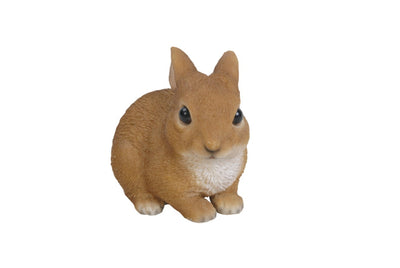Metal vs. Plastic Benches: What Stands Out in Cold & Hot Weather?
When choosing between a metal bench and a plastic bench for your outdoor space, it’s important to consider how each material performs in hot and cold weather conditions. Factors like durability, maintenance, comfort, and longevity can all be impacted by extreme temperatures. Whether you’re looking for a contemporary outdoor metal garden bench or a lightweight plastic bench, understanding how each material reacts to different weather conditions will help you make the right choice.
Outdoor Metal Garden Bench with Butterfly Design Backrest - Yellow
1. How Metal Benches Handle Hot & Cold Weather
Metal Benches in Hot Weather
✔ Retains Heat – A black aluminum garden bench or other dark-colored metal benches absorb heat quickly, making them hot to sit on in direct sunlight.
✔ Best for Shaded Areas – To avoid overheating, place outdoor metal garden benches under a tree, pergola, or shaded patio.
✔ Strong & Weather-Resistant – Cast aluminum garden benches are highly durable, resisting UV exposure and warping.
✔ Cooling with Open Designs – Benches with perforated metal or mesh designs allow for better airflow, reducing surface heat.
💡 Tip: Add a bench cushion for comfort and to reduce heat absorption.
Metal Benches in Cold Weather
✔ Becomes Extremely Cold – Metal benches retain cold and can feel freezing in winter.
✔ Withstands Snow & Rain – Unlike wood, powder-coated metal benches don’t absorb moisture and won’t warp.
✔ Can Be Slippery When Frosted – Metal surfaces can become icy, requiring extra caution.
💡 Tip: Use a removable cushion or warm throw blanket for a more comfortable winter seating experience.
2. How Plastic Benches React to Different Weather Conditions
Plastic Benches in Hot Weather
✔ Doesn’t Absorb Heat as Fast as Metal – Plastic stays cooler than black aluminum garden benches but can still get warm under direct sunlight.
✔ Prone to Fading & Warping – UV exposure can cause plastic benches to discolor, crack, or become brittle over time.
✔ Lightweight & Portable – Easy to move into shaded areas when the sun is too intense.
💡 Tip: If using a plastic bench, choose UV-resistant, high-density polyethylene (HDPE) for better durability.
Plastic Benches in Cold Weather
✔ Retains Some Warmth – Unlike metal, plastic doesn’t feel as icy to sit on in cold temperatures.
✔ Can Become Brittle & Crack – In extreme cold, plastic benches may become fragile and break easily.
✔ Not Ideal for Heavy Snowfall – Plastic benches can bend under heavy snow or weight.
💡 Tip: Store plastic benches indoors during winter months to prevent cracking.
3. Which Bench is Best for Your Climate?
✔ For Hot Climates: A white aluminum garden bench reflects heat better than darker metals or plastic.
✔ For Cold Climates: Metal benches are more durable but require cushions for comfort, while plastic benches may become brittle.
✔ For Year-Round Use: Powder-coated metal benches provide the best balance of durability and weather resistance.
Final Thoughts
Both metal and plastic benches have advantages depending on climate and intended use. If you want long-lasting durability, a metal bench is the better option, especially with proper placement. For lightweight and budget-friendly seating, plastic benches work well but require more maintenance in extreme temperatures. Choose the right material to ensure your outdoor seating remains comfortable and stylish all year long! 🌿✨


















